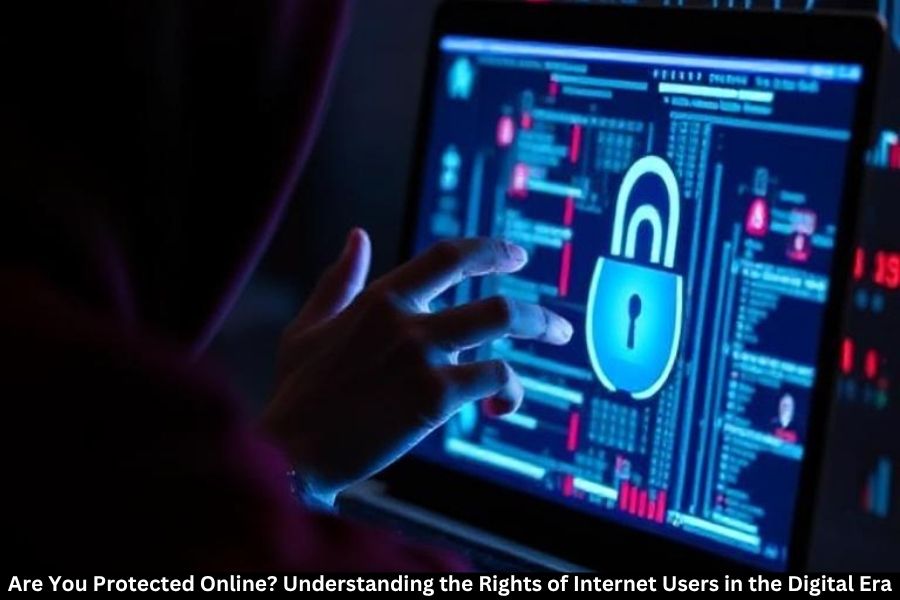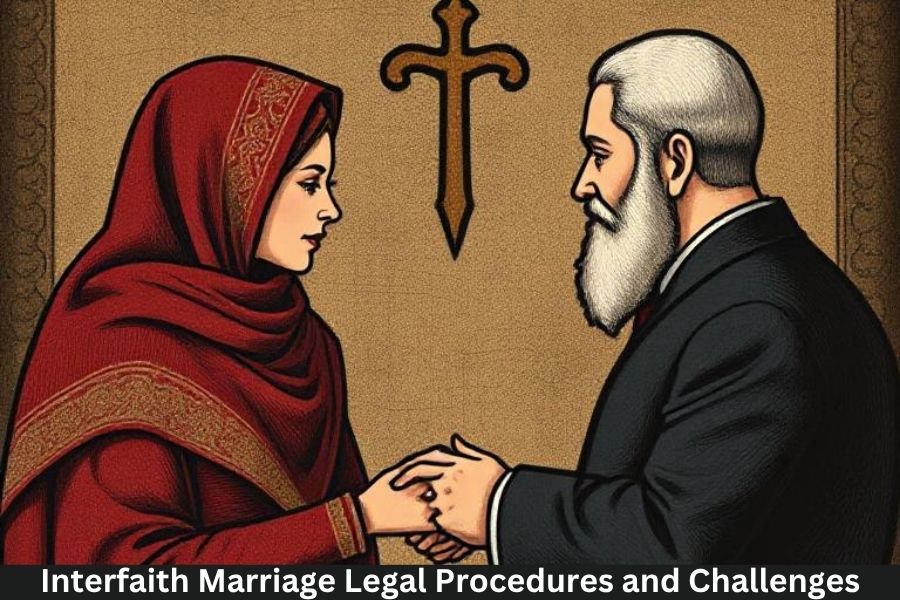Every time you browse the web, make a digital payment, or post on social media, you leave a digital footprint. But here’s the question — are you really protected online?
In today’s hyper-connected world, your personal data is a valuable commodity, and cybercrimes are rising faster than ever. This is where cyber laws and internet user rights come into play, ensuring you can explore the digital space safely and confidently.
What Are Internet User Rights?
Internet user rights are the legal and ethical protections that allow individuals to use the internet safely, freely, and fairly. They encompass everything from privacy and freedom of speech to protection against digital fraud.
These rights empower users to navigate the digital space with security, ensuring a balance between freedom and accountability.
Understanding Cyber Law
Cyber law refers to the set of legal regulations that govern internet activities. It covers a broad range of issues such as online privacy, data protection, intellectual property, e-commerce, and cybercrimes.
In India, the Information Technology Act, 2000 (IT Act) laid the foundation for governing digital behavior and establishing accountability in cyberspace.
The Importance of Cyber Law for Internet Users
Cyber law protects users in multiple ways:
- Prevents identity theft and financial fraud
- Regulates online transactions and e-commerce
- Protects personal data and privacy
- Ensures accountability for online content
Without these laws, the internet would be chaotic — a space without order, rules, or protection.
Right to Privacy: Your Digital Shield
Your right to privacy is one of the most critical internet user rights. It ensures that your personal data — like your name, financial details, and browsing habits — are not misused.
In India, the Supreme Court’s landmark judgment in the Puttaswamy Case (2017) declared privacy a fundamental right under Article 21 of the Constitution.
Recent laws like the Digital Personal Data Protection Act, 2023 have further strengthened user privacy by regulating how companies collect and use your data.
Right to Freedom of Expression Online
The internet is a platform for sharing ideas — but with great power comes great responsibility. The right to freedom of expression online allows you to voice opinions, create content, and engage in digital discussions.
However, this right has boundaries. Posting defamatory, obscene, or hateful content can lead to penalties under:
- Section 67 of the IT Act (obscene material)
- Section 66A (struck down but guided free speech reforms)
In short, freedom online must coexist with responsibility.
Right to Access Information
An open and inclusive internet is a cornerstone of democracy. The right to access information ensures users can freely browse content without discrimination or restrictions.
This is supported by net neutrality, which guarantees that all internet data is treated equally by service providers — no throttling or blocking specific content.
Right to Security and Protection from Cybercrime
Cybercrime can strike anyone — from phishing scams and ransomware to social media impersonation. The right to security ensures users are legally protected from such digital threats.
Under Section 66C and 66D of the IT Act, identity theft and cheating by impersonation are punishable offenses.
How to Protect Yourself:
- Use strong passwords and two-factor authentication
- Avoid sharing personal details publicly
- Report suspicious online activity immediately
Right to Be Forgotten
Imagine a post you made years ago resurfacing and harming your reputation — that’s where the right to be forgotten comes in.
This right allows individuals to request removal of personal data that’s no longer relevant or accurate. Although not fully enacted in India yet, it’s gaining recognition through court rulings and the upcoming data protection framework.
Right to Data Protection Under Indian Law
Two major legal frameworks protect users:
- The Information Technology Act, 2000 — covers cyber offenses and digital fraud.
- The Digital Personal Data Protection Act, 2023 — focuses on user consent, data collection, and storage practices.
These laws ensure companies handle your data transparently and ethically.
Cyber Law Enforcement Authorities in India
If your digital rights are violated, several agencies can help:
- CERT-In (Computer Emergency Response Team – India): Handles national cybersecurity threats.
- Cyber Crime Cells: Present in every major city for reporting online frauds.
- Ministry of Electronics and IT (MeitY): Oversees policy enforcement.
User Responsibilities Under Cyber Law
Rights come with responsibilities. As an internet user, you must:
- Avoid sharing or spreading fake news
- Respect others’ privacy
- Not engage in hacking or illegal downloads
- Follow ethical online behavior
Misuse of online freedom can attract fines and imprisonment under various sections of the IT Act.
Global Perspective: Internet User Rights Around the World
- Europe: The GDPR (General Data Protection Regulation) gives users full control over their data.
- California (USA): The CCPA (California Consumer Privacy Act) enforces data transparency.
- India: Strengthening through the new Digital Personal Data Protection Act.
India is steadily aligning with global data protection standards to safeguard users better.
Future of Internet Rights in India
As artificial intelligence, digital finance, and blockchain evolve, so will cyber laws. Future reforms are expected to:
- Strengthen data protection enforcement
- Introduce stricter penalties for cybercrimes
- Improve international cooperation for cross-border crimes
The focus will remain on creating a safer, inclusive digital ecosystem.
Conclusion
In the digital era, awareness is your best defense. Understanding your rights under cyber law empowers you to navigate the online world with confidence.
Remember — your data, privacy, and voice matter. Exercise your rights, stay informed, and be responsible in your online behavior.
FAQs
Q1: What is cyber law?
Cyber law governs online activities, including data protection, digital transactions, and cybercrimes.
Q2: What are my rights as an internet user?
You have the right to privacy, freedom of expression, data protection, and protection against online fraud.
Q3: How can I protect my online data?
Use strong passwords, avoid public Wi-Fi, and enable two-factor authentication.
Q4: What is the penalty for cybercrime in India?
Depending on the offense, penalties can range from fines to imprisonment under the IT Act, 2000.



